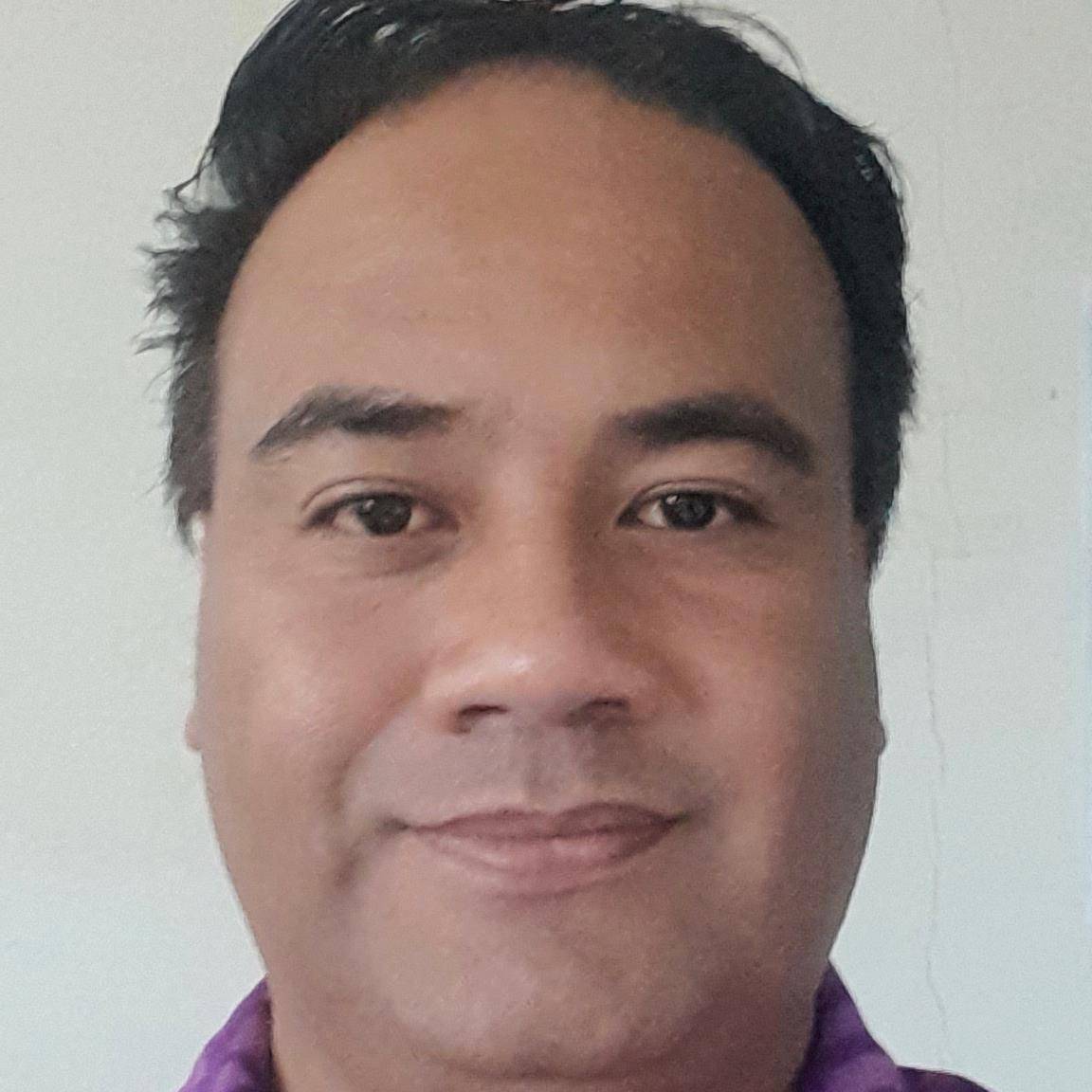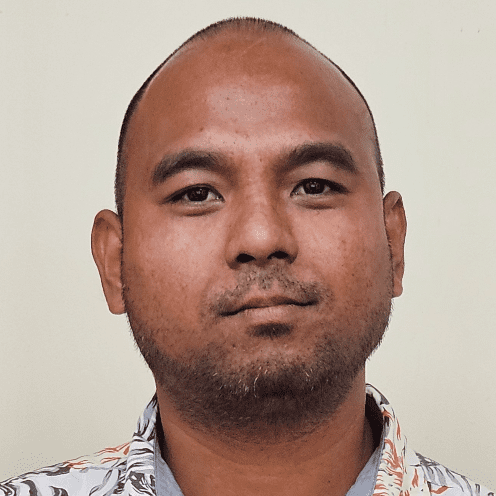Pacific Talanoa Hub Conversations on Innovative Tools and Strategies for Resilience
Disaster Risk Financing; Risk Communication; Emergency Preparedness and Response; Early Warning Systems; Inclusion The focus day sessions outlined how practitioners across the Pacific Islands region are utilizing risk information to inform investments and policy reforms that build resilience. The hub will showcase strategies across PICs, through interactive sessions, in areas such as applying data and analytics to support effective decision-making, proactive risk reduction initiatives to encourage risk-informed advocacy, social inclusion, traditional knowledge, impact-based forecasting, and innovative financing mechanisms.
“Each Pacific Island Country have their own unique cultural identity, customs, language, history, and relationship with the land and ocean. Yet these countries face similar challenges with disaster risk management and climate change. They are geographically dispersed and isolated – the islands of Kiribati extend about 2,400 miles from east to west, almost the span of the USA from the eastern seaboard to the west coast. This results in logistical complexities and limited economy of scale. They are all impacted profoundly by climate change yet as small island states have limited control over their future – before the end of this century, significant portions of habitable land in Pacific atoll countries such as the Marshall Islands, Tuvalu, and Kiribati may be permanently inundated. They have limited human, technical, and financing resources – for example the National Disaster Risk Management Office of Tonga comprises less than 10 staff and the country GDPs of the Pacific are among the tiniest globally. Technical expertise often needs to be outsourced to the region and globally.”
To strengthen climate and disaster resilience in Pacific Island Countries (PICs), it is essential to develop innovative and practical strategies that address their unique challenges, including geographic dispersion, heightened climate vulnerabilities, and scarce resources. PICs have demonstrated remarkable resilience in the face of rising climate and disaster risk and are rapidly developing country-specific solutions. A proactive approach to disaster risk management (DRM) in PICs relies on robust governance, legal frameworks and clear policies that define roles and facilitate informed decision-making. Supporting this approach are data, analytics, and information design, which enable PICs to leverage evidence-based insights. By harnessing data-driven approaches, PICs can better allocate resources, prioritize interventions, and strengthen their resilience against the evolving challenges posed by climate change and natural disasters. In addition, vulnerability assessments including for key public assets like schools and coastal protection, enable PIC governments to anticipate threats and make well-informed investment choices. Understanding disaster and climate financing mechanisms—such as contingent financing for immediate post-disaster needs, risk transfer strategies through insurance, and access to effective climate financing mechanisms—is vital for bolstering climate adaptation and mitigation efforts in PICs. Participatory planning is crucial for promoting an inclusive approach to climate and disaster risk reduction by fostering shared responsibility and collective action and supporting the development of adaptive strategies that can effectively respond to a wide range of disaster scenarios. The Pacific Talanoa Hub outlined challenges concerning the economic costs associated with the implementation of DRM initiatives in PICs, including logistical constraints, high procurement costs for importing infrastructure materials, scarce resources, and limited capacity to integrate advanced technologies. The Talanoa Hub also highlighted the need to integrate disability inclusion into project planning and implementation to ensure that DRM initiatives benefit all community members, including the most poor and vulnerable, as well as diverse groups (such as people with disabilities). This approach promotes equity and accessibility, ensuring that vulnerable populations are not overlooked and that their specific needs are addressed in disaster preparedness, response, and recovery efforts. Strengthening building codes, including through legislation and the development of policy frameworks to support implementation, was identified as a key consideration for PICs. This is particularly critical in Atoll countries, where limited landmass and increasing urbanization have heightened climate and disaster risk. During the Talanoa Hub, continued knowledge exchanges focused on building code development among atoll nations (Kiribati, Republic of the Marshall Islands, and Tuvalu) was identified as a potential future technical assistance activity. This proposed technical assistance would enhance resilience by guiding new constructions in these countries to adhere to higher resilience and safety standards, ultimately reducing the vulnerability of communities and assets to natural and climate-related hazards. The PIC delegates also emphasized the need for increased knowledge sharing and workshops to continue building technical knowledge and capacity. These efforts are essential for equipping DRM practitioners in PICs with the skills and information necessary to effectively implement and sustain DRM initiatives, thereby enhancing overall resilience and preparedness across the region. Shared experiences and lessons learned among PICs were prominently featured and discussed during the Talanoa Hub, highlighting their collective partnership and resilience. This collaborative approach not only reinforces their solidarity but also fosters the integration of climate change and DRM efforts at both national and regional levels. By harmonizing strategies and pooling resources across governmental and institutional frameworks where possible, PICs can significantly enhance operational efficiency. This coordinated effort not only promotes sustainability and resilience but also harnesses shared knowledge to effectively navigate and mitigate the multifaceted and evolving threats facing the region.
Organized by: GFDRR/World Bank











